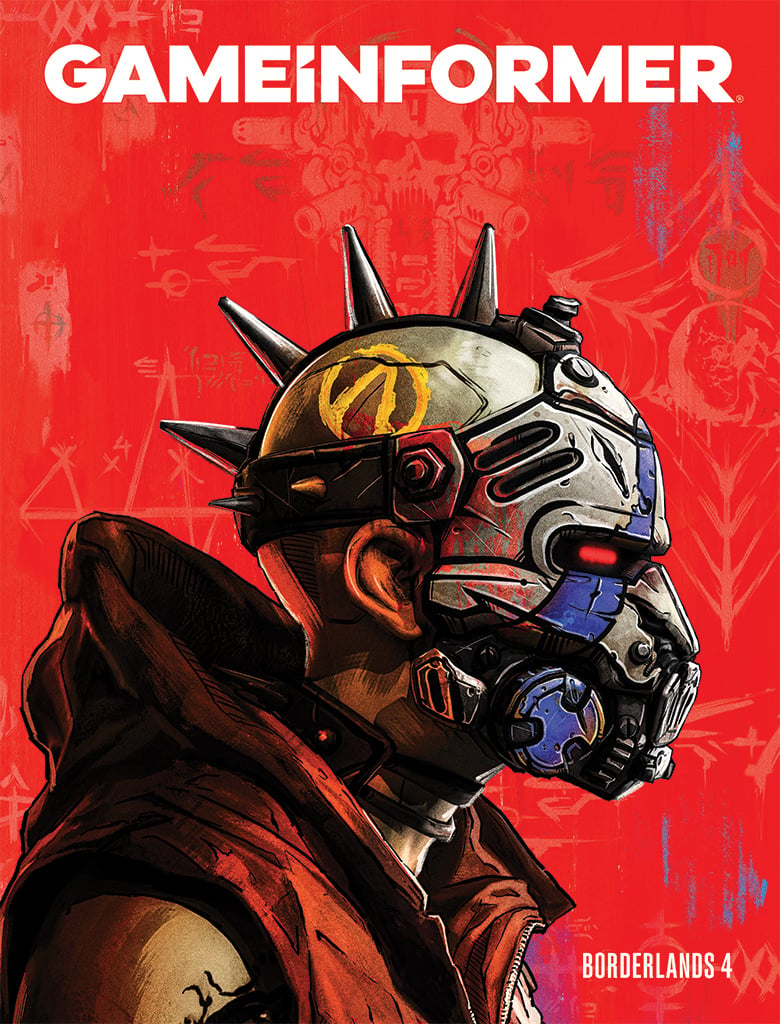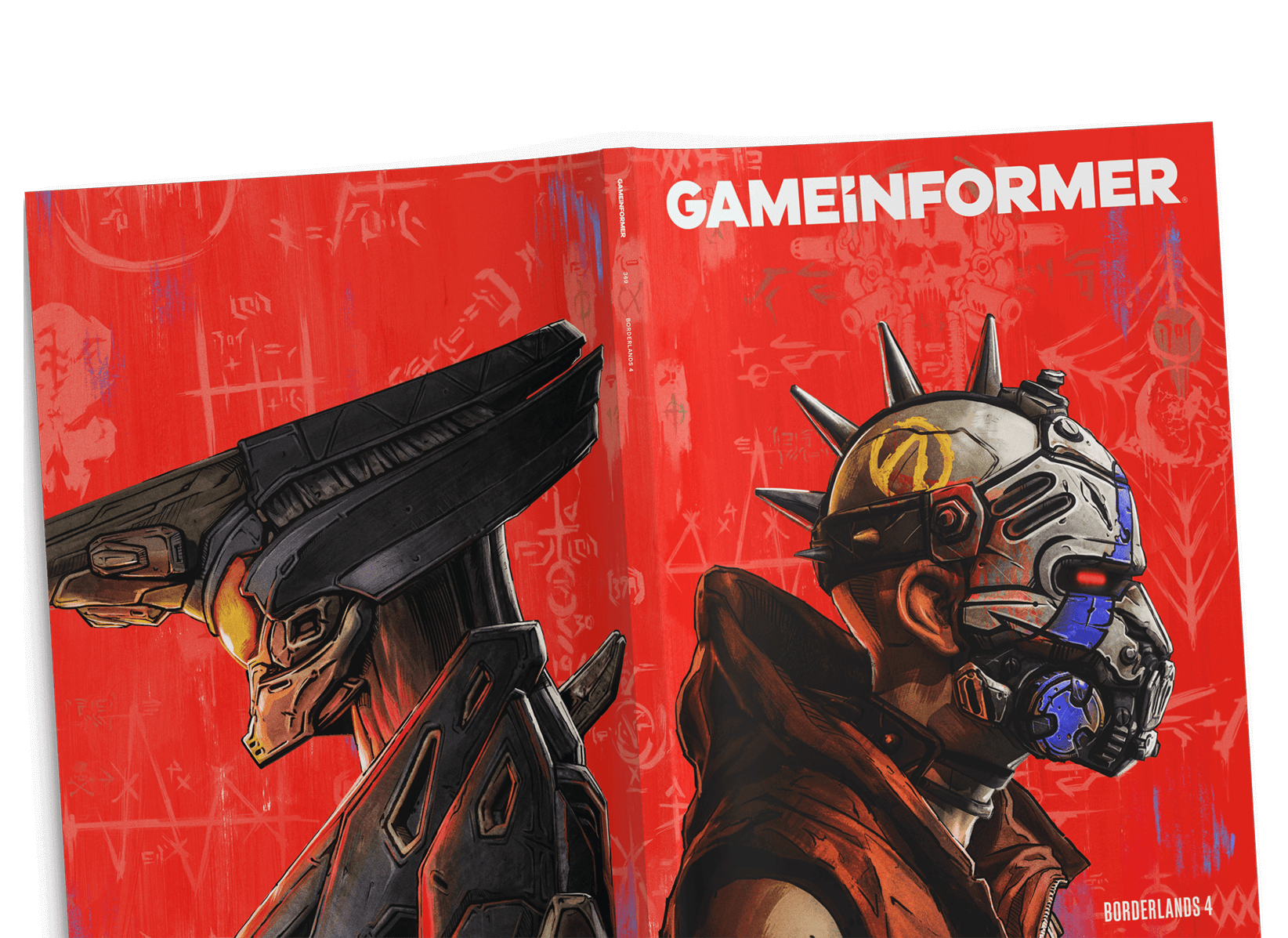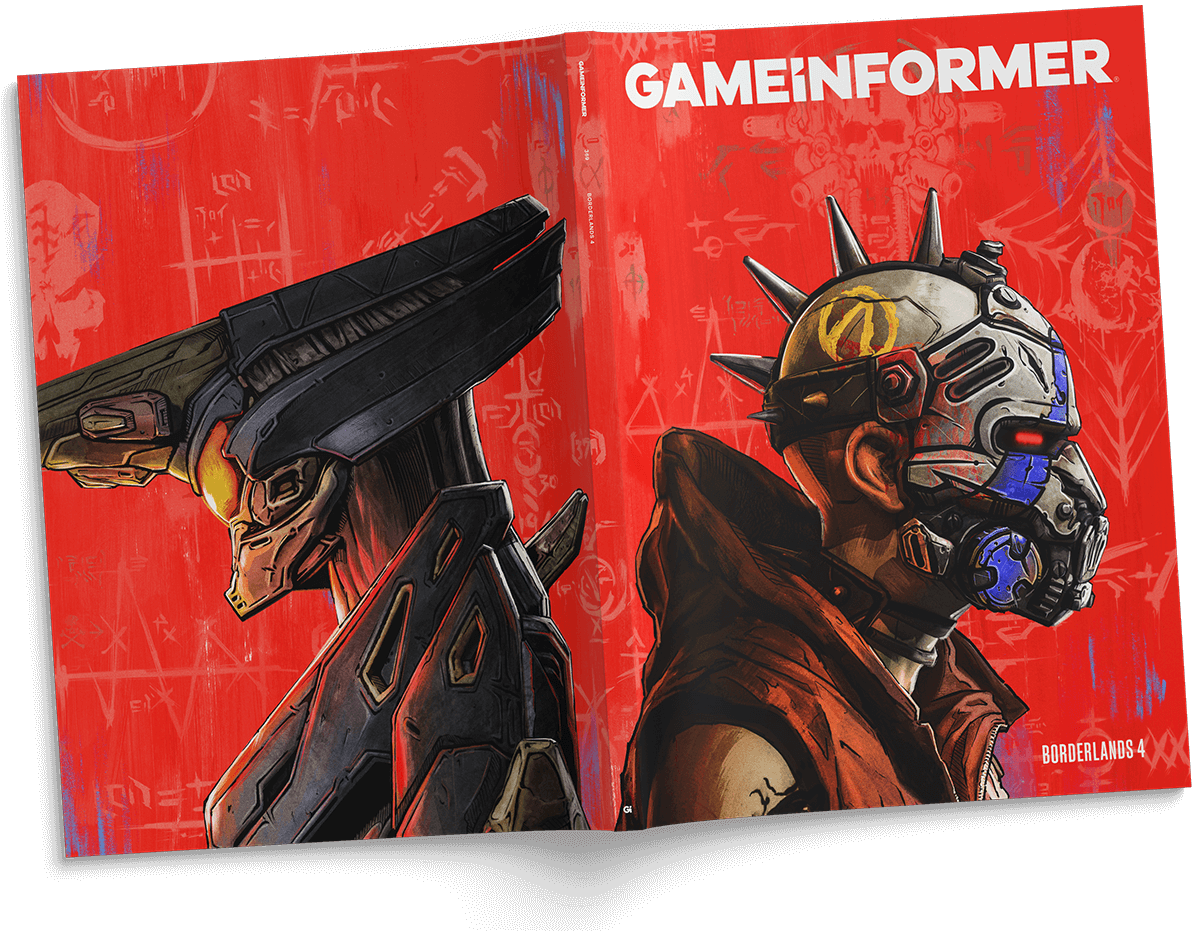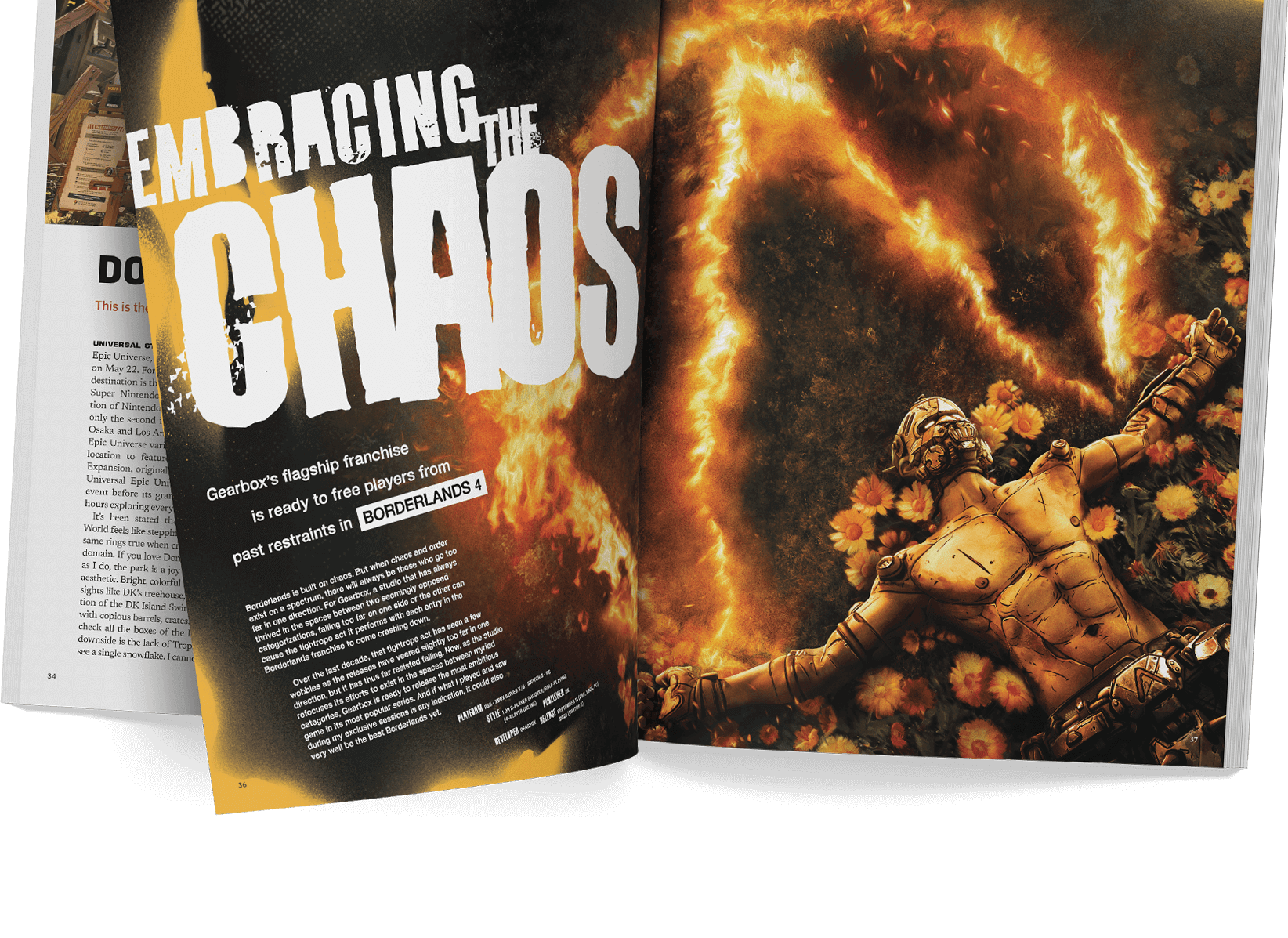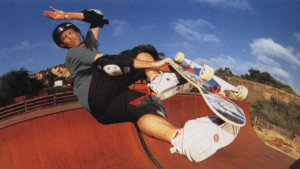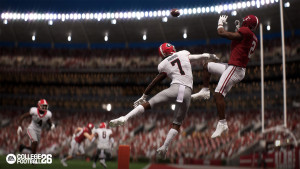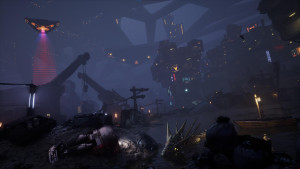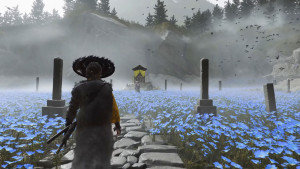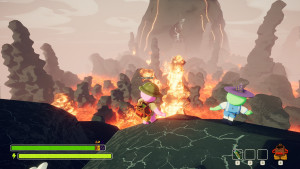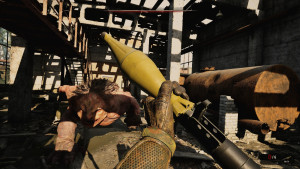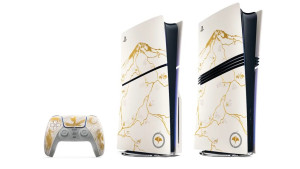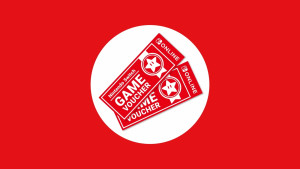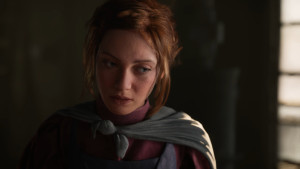Be the first to get Game Informer’s August Issue! Subscribe Now
Tekken Producer Katsuhiro Harada Discusses His Role In Dragon Ball FighterZ

A Bandai Namco employee for more than 20 years, Katsuhiro Harada has served as a producer on Tekken since the series’ introductory release in 1994. From a development perspective, he does not have much to do with Dragon Ball FighterZ, but as the publisher’s premiere fighting game producer, he has been helping with promotion, while also offering feedback and advice as the game moves through development.
“Harada-san is, to me, the father of fighting games,” says Dragon Ball FighterZ producer Tomoko Hiroki, when asked about using him as a resource. “Among the various things he taught me, what really left an impression on me was how he emphasized to keep a good eye out on players playing the game, and to keep your channel of communication open with the players of the game.” He also taught Hiroki that wearing sunglasses will you make you look cool. “And that, too,” Hiroki jokes.
“I did receive a bit of advice here and there from him in regards to quality,” Hiroki says, “Harada-san offered advice as the creator of Tekken, and there was a lot he advised in relation to fighting games that left a strong impression with me.”
While visiting Bandai Namco, we spoke with Harada about the impact of Dragon Ball, Dragon Ball FighterZ, and whether or not he would ever want to direct a Dragon Ball game himself.

What do you think of the Dragon Ball and its assorted video game adaptations?
I haven’t worked in the development of any of the titles in the Dragon Ball game series. This is just my opinion as a company employee of Bandai Namco, but more so, of me personally, that it is quite a unique case with the Dragon Ball series that originally started as a manga and I.P. itself. It actually was kind of complete at one point. Now we have the anime and it branched, and then there are games in between that. But to see that case where you have an IP that kind of concludes and then to have a game that comes out after? That is kind of a rare case. You don’t see that often.
In the meantime before the anime started, we had a series of games as well, so you can kind of say the popularity was broadened, at least for foreign audiences, and even kind of marinated a certain level of relevance even after the original I.P. finished, and then, of course, branching into the new anime, Dragon Ball Super.
This time it is very exciting for me to be a part of the announcement of Dragon Ball FighterZ, and I was also able to give input on the game in particular. So being able to be involved with such an amazing and well-known I.P. is very exciting.
What kind of input have you offered Dragon Ball FighterZ?
My input into the title has basically been on two different fronts. For the promotional aspect, normally when you’re creating a game that is based on some kind of I.P. like this, where and in what manner you announce the game is typically dictated by whether it appears in a magazine or the comic that the original I.P. is in, or at some kind of Japanese trade event or something like that. But this time, I was able to work together with our foreign subsidiaries to find the most relevant and impactful place and time to announce it.
At the same time, for the development of the game, I was able to give input on the camera angles and some other fine details because of my experience in the fighting games. I gave them advice on the look of the game and the actual gameplay mechanics involved in the fighting.
When the title first came up and I saw a prototype – obviously this wasn’t shown outside of the company, but internally – it wasn’t quite at the level you see today. I made a lot of comments to direct the camera angles, but also the cinematic elements of the game to make it what it is now.

Would you want to direct a Dragon Ball game in the future?
[Laughs] Well, I am lucky to be able to direct some elements of the game and be involved in the capacity I currently I am. It’s actually surprising – normally when you have an I.P. that is already established like this one, there are certain boundaries you have to stick to because it’s an original I.P. But even so, I was able to, for example, provide some advice on what direction to take some of the backgrounds, where some of these other elements are already established within the franchise. I did feel like I had a lot of leeway in that aspect, as well as with some of the characters. Even with the characters being designed and established, I had a little bit of room to work with regarding the depth of the characters and how they are presented in the game. But that’s just because of how I am involved in this current capacity.
If I was in charge of everything about the game, that would be much more difficult because sometimes when you’re designing a game, a lot of the elements that would be best for the game aren’t necessarily the best for the franchise and original I.P.. There might be a lot of instances where you have to make trade-offs and I haven’t come into that yet. If I were going to make the game solely by myself, that’s something I would eventually run into. It would be very difficult to create a Dragon Ball game. Although all three of the producers – Ryo Mito, Masayuki Hirano, and Tomoko Hiroki – have shown they are very proficient at that balance between original I.P. and making creating an interesting game.
For more from our month of Dragon Ball FighterZ coverage, click the banner below.
